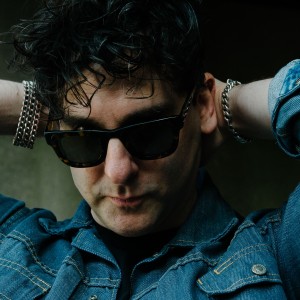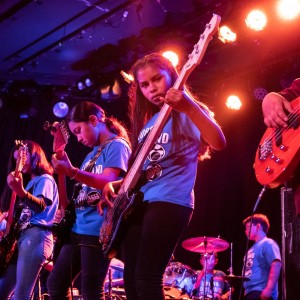It took 158 years to get here, but Les Vêpres Siciliennes, one of the grandest of Verdi's operas, made its Royal Opera debut in London with a production that proved an ideal platform for soloists, ballerinas and choruses.
The Sicilian Vespers, a sprawling, 4.5-hour-long affair that requires a corps de ballet and two choruses (on top of the usual soloists and a big pit orchestra), has been called "the missing link" among Verdi operas.
Coming after his earlier successes with Rigoletto, La Traviata and Il Trovatore, it points the way to later masterpieces like Aida, Otello and Falstaff, but has been only sporadically performed since its Paris premiere in 1855.
That changed during this year's Verdi bicentennial, with new productions mounted in Frankfurt and at the Caramoor Festival in suburban New York. The much anticipated first staging at Covent Garden only compounded the mystery of why it had taken so long.
Norwegian stage director Stefan Herheim, who has mounted innovative productions of Wagner's operas at Bayreuth and elsewhere, updated the action from the French occupation of Sicily in the 13th century--and a Sicilian revolt that massacred 3,000 French in 1282--to an opera house in 19th-century Paris.
The retooling allowed Herheim to play on the lore of Parisian grand opera, namely that young swells would arrive fashionably late so they could watch the ballerinas at the beginning of the second act and choose the one they would take home for the night. In Herheim's version, the invitation to the ballerina comes at the point of a French soldier's bayonet.
OPERA AT FULL BLAST
More importantly for this production, the setting of an opera house within an opera house allowed Herheim and the Royal Opera's music director Antonio Pappano to pack the largest possible chorus on to the Covent Garden stage.
One chorus, at main stage level, portrayed the Sicilian peasants, while another chorus of French soldiers and socialites occupied the loge and balconies of the stage-set opera house.
It made for a glorious, powerful sound, something like an opera version of five-channel cinematic Dolby with the volume up full blast--exactly the effect Pappano had said he wanted.
"The mechanism of it is almost like a Swiss watch, it's fantastically, technically brilliant," Pappano said of Verdi's choral writing.
There was no economizing in the rest of the casting either. The statuesque Russian soprano Marina Poplavskaya had been engaged for the five performances; alas, Covent Garden said that, due to illness, she withdrew from the first three.
Armenian soprano Lianna Haroutounian, who also sang the Duchesse Hélène in the Frankfurt production of Les Vêpres, stepped in. After costume alterations to allow for her shorter height, she showed herself up to the challenge.
Apart from a vocal wobble in a duet with her lover Henri, ably sung by Bryan Hymel--an American tenor with an Italianate lilt--she nailed the soprano aria "Merci, Jeunes Amies" (or "Thank You, Beloved Friends"), which is the most famous tune from the opera.
The revelation, though, was the powerful third act, which this production wisely brackets with intervals coming after the first two acts and before the final two.
The show stopper is the duet between Henri, who believes himself to be a Sicilian of low birth (but fiery, patriotic and full of anti-French fervor) and the man that a letter from his dead mother testifies is his missing father...none other than Guy de Montfort, the commander of the French occupation forces.
It is like the moment when Luke Skywalker discovers Darth Vader is his father and has the deeply emotional impact that makes Verdi operas so human--especially as sung here by Hymel and German baritone Michael Volle as the French occupation chief who insists the young rebel now call him "father."
Uruguayan bass Erwin Schrott, as the rebel leader Jean Procida, rounded out the cast in a co-production between the Royal Opera and the Royal Danish Opera, Copenhagen. May it return before another 150 years have passed.
(Reporting by Michael Roddy, editing by Mark Trevelyan and Logan K. Young)



